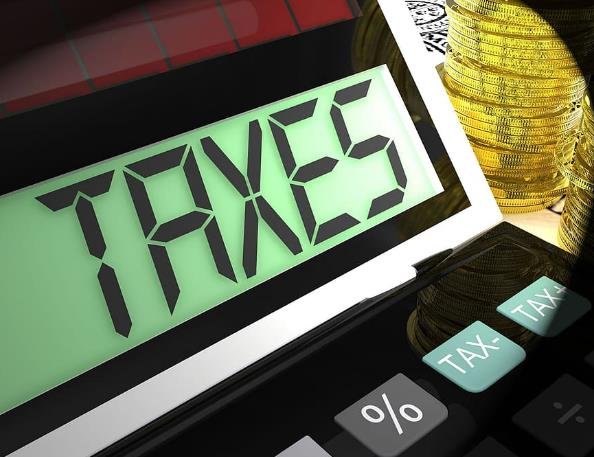Michigan has distributed more than $87 million to 269 municipalities and counties from the taxes and fees collected from the adult-use marijuana industry. The payments, which were announced by the Department of Treasury on February 29, 2024, are based on the number of licensed marijuana retail stores and microbusinesses located within each jurisdiction. The payments are intended to support various social and economic purposes, such as education, transportation, health, and welfare.
The payments were calculated according to the Michigan Regulation and Taxation of Marijuana Act, which was approved by the voters in 2018. The act legalized the cultivation, sale, and consumption of marijuana for recreational purposes for adults 21 and older. The act also imposed a 10% excise tax and a 6% sales tax on the retail sales of marijuana products, as well as licensing and application fees for the marijuana businesses.

The act specified how the revenue from the marijuana taxes and fees would be distributed among different entities. For the 2023 fiscal year, which ended on September 30, 2023, there was more than $290.3 million available for distribution from the Marijuana Regulation Fund. Of this amount, $101.6 million was sent to the School Aid Fund for K-12 education, and another $101.6 million was sent to the Michigan Transportation Fund. The remaining $87.1 million was allocated to the municipalities and counties that host the licensed marijuana retail stores and microbusinesses.
The distribution rate for the 2023 fiscal year was slightly over $59,000 per licensed marijuana retail store or microbusiness. Each city, village, township, and county received a payment based on the number of licensed marijuana retail stores and microbusinesses located within its jurisdiction as of September 30, 2023. The payments ranged from $59,000 for jurisdictions with one licensed marijuana business, to $2.9 million for Detroit, which had 49 licensed marijuana businesses.
How the payments will be used
The payments are meant to help the municipalities and counties cover the costs and benefits associated with the adult-use marijuana industry, as well as to support other public services and programs. The act does not impose any restrictions or conditions on how the payments can be used, and leaves the decision to the discretion of the local governments.
Some of the possible uses of the payments include:
- Enhancing public safety and law enforcement, such as hiring more police officers, installing security cameras, and enforcing the marijuana regulations.
- Improving public health and welfare, such as providing substance abuse prevention and treatment, mental health services, and homeless assistance.
- Investing in infrastructure and development, such as repairing roads and bridges, upgrading water and sewer systems, and supporting affordable housing and economic growth.
- Supporting education and recreation, such as funding schools and libraries, expanding after-school and summer programs, and maintaining parks and trails.
What the payments mean for the adult-use marijuana industry
The payments are a sign of the success and growth of the adult-use marijuana industry in Michigan, which has become one of the largest and most lucrative markets in the country. According to the Cannabis Regulatory Agency (CRA), which oversees the regulation and licensing of the marijuana businesses, the industry generated more than $1.4 billion in sales and more than $341 million in taxes and fees in 2023. The industry also created more than 18,000 jobs and contributed to the economic recovery and diversification of the state.
The payments are also an incentive and a reward for the municipalities and counties that have opted in to the adult-use marijuana industry, and a source of revenue and opportunity for the local communities. The payments are expected to increase in the future, as more marijuana businesses are licensed and more consumers purchase marijuana products. The CRA estimates that there are more than 1,000 pending applications for marijuana licenses, and that the demand for marijuana products is still growing.
The payments are also a recognition and a validation of the legal and regulated adult-use marijuana industry, which has replaced the illicit and unregulated black market. The payments demonstrate that the adult-use marijuana industry is a legitimate and beneficial sector, that pays taxes and fees, follows the rules and standards, and contributes to the public good.
Emily Wilson is a talented wordsmith whose passion for cannabis shines through in her eloquent articles that explore the plant’s cultural significance and historical context. With a focus on arts and lifestyle, she weaves together narratives that celebrate the creativity, innovation, and community fostered by cannabis enthusiasts worldwide. Emily’s unique perspective and engaging storytelling invite readers to embark on a journey of discovery and appreciation for the diverse facets of the cannabis experience.








